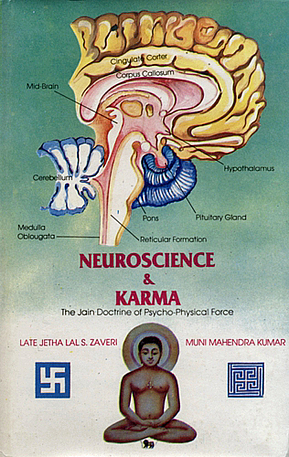Aim (objective):
The target to which actions are directed, as specified by the operations of a program.
Altruism:
The performance of actions for the benefit of others rather than for oneself.
Amines:
Substances derived from Ammonia e.g. adrenaline, acetylcholine, serotonin.
Awareness:
See experience.
Orcadian:
Occurring rhythmically about once a day.
Consciousness:
The state of a person in which the programs of the brain allow experiencing and thinking; opposite of unconsciousness.
Culture:
The particular system of symbols, ideas, values and artefacts used by a group of people.
Drive:
Strong impulsive force producing feelings to act in a certain way; primal drives are primordial unlearned instincts e.g. hunger, sex.
Elan vitale:
The life-force, or vitality postulated by some to explain the continuation of life as an alternate to soul.
Emotion:
Mental condition of a person produced by impulsive forces through the interaction of hormones and cerebral action. They generally compel the person to take physical action to satisfy the need.
Empirical:
What is concerned with worldly life; it is based on experience or reason; opposite of transcendental.
Epistemology:
Theory of Knowledge; study of the programs by which we acquire knowledge and the capacity to use them.
Evolution:
The change of the genetic programs of populations. It has resulted over the ages, in the addition of information (knowledge), giving organisms the ability to survive in conditions detrimental to life.
Experience (ing):
The condition of a person when he is sensing, thinking or dreaming; state of awareness.
Feedback:
The use of part of the output of a regulated system to compare with the standard set for its program and produce appropriate change of input.
Free Will:
The choice between alternative programs of action, which is performed by the human brain using all the information it has about the probable course of events in the world.
Grammar:
The set of brain programs by which sentences are generated. Words are joined according to grammatical rules to make discourse.
Homeostasis:
The ability or disposition of living organisms to maintain a steady state inspite of changing conditions in external environment.
Matter:
A general term for objects of the universe, of which physical science has made detailed study. Physical order of existence, different from psychical order.
Meta-language:
A code used for speaking or studying another language.
Molecule:
The smallest unit of a substance that can enter into a chemical reaction. They are made up of atoms, from two to many thousands as in macromolecules, such as proteins or very few as in water.
Senescence:
The decrease with time of the physical powers and increasing probability of death; probably, this is part of the inherited program for life.
Transcendental Questions:
Questions about ultimates, which can be posed but not answered by human cerebral programs, e.g. what is God? Opposite of 'Empirical'.
Vitalism:
The scientific theory that life is maintained by some special force that cannot be explained by the principles of physics and chemistry.
 Prof. Muni Mahendra Kumar
Prof. Muni Mahendra Kumar

